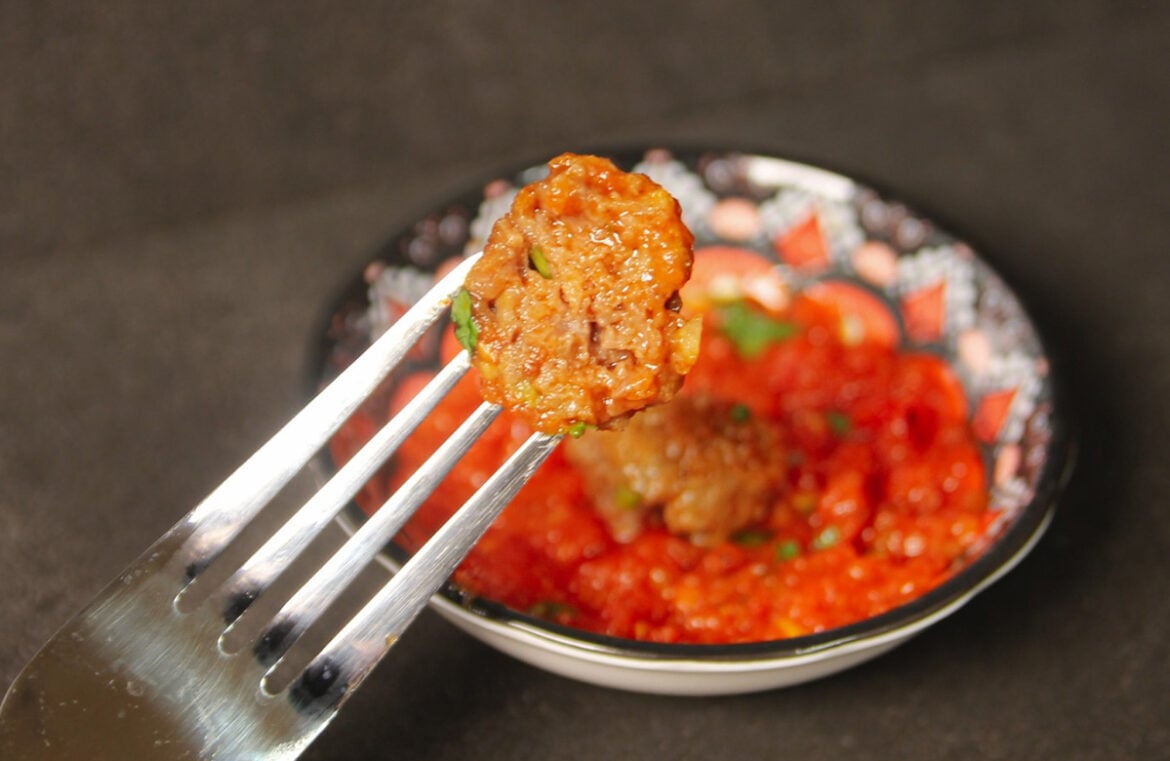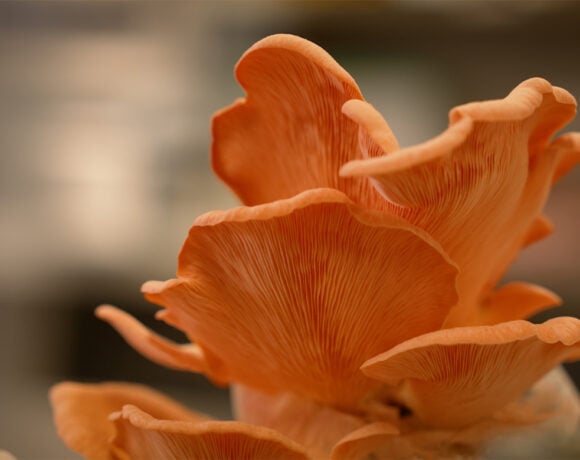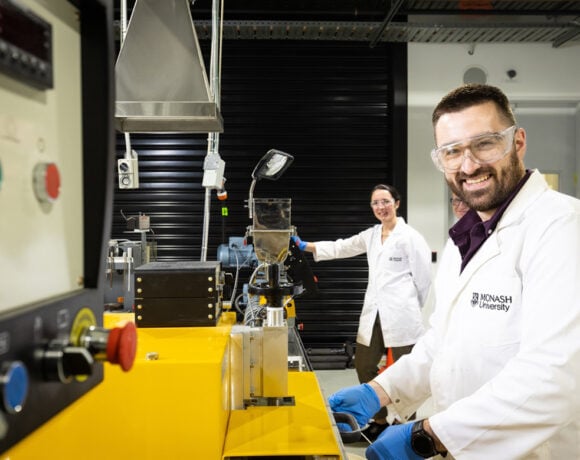Cultured meat – also known as lab-grown meat – has been approved for sale in Australia, with an inner-city Sydney restaurant being among the first to put it to the test.
The meat, which was derived from Japanese quail, was grown from real meat cells in a factory and has been deemed safe for consumption in Australia by Food Standards Australia New Zealand (FSANZ) following a two-and-a-half year process.
The meat product was created by Vow, one of two cultured meat startups in Australia, and according to the company chief operating officer Ellen Dinsmoor is made by multiplying individual cells that have been taken from an animal, dead or alive. This is then placed in as large tank of liquid. The result is a paste that can then be turned into a food product such as foie gras or mince.
“We put the cells in a nutrient broth that is essentially recreating a lot of the conditions in which cells grow in our body,” Ms Dinsmoor told abc.net.au.
“There’s amino acids, sugars… and this is what is actually allowing the cells to grow in a way that’s very similar to what you’d see in a brewery.”
In their decision to approve Vow’s product FSANZ stated, “Our assessment concluded that the product is safe for human consumption and presents no toxicological, nutritional or allergenic concerns.”
“The quail cell line was found to be genetically stable, and microbiological risks associated with its production can be effectively managed through established food safety controls.”
Following FSANZ’s approval it’s expected Vow’s cultured Japanese foie gras will land on the plates of a few high-end restaurants in both Sydney and Melbourne in the coming months.
Despite its lengthy history, Australia is just the third country to approve cultured meat for consumption.
Singapore made history in 2020 when it became the first country to approve lab-grown meat, and Vow has sold its Japanese quail foie gras to more than 25 high-end restaurants in the country. The US followed suit, approving lab-grown chicken for consumption in 2023.
The second Australian startup starting to make waves in this space is Magic Valley, based out of Melbourne. The company uses induced pluripotent stem cells to produce real lamb and pork without the use of fetal bovine serum, animal scaffolds, or genetic modification.
Although they’re yet to receive FSANZ approval, earlier this year Magic Valley received $100,000 in national government funding to help aid the transition from research to the commercial production of cultivated meat. Then, in late May 2025, the company took a landmark step in food innovation when it held the country’s first ever official tasting of cultivated meat at the New South Wales Parliament.
At the tasting guests were treated to samples of cultivated lamb meatballs and pork dumplings.
Magic Valley chief executive officer Paul Bevan said the event was about much more than food.
“This isn’t just about food – it’s about jobs, technology and positioning Australia as a leader in one of the world’s fastest-growing industries,” he said.
“With support from both government and private investors, we can build advanced facilities, create regional employment, and export high-tech protein to the world.”







COMMENTS